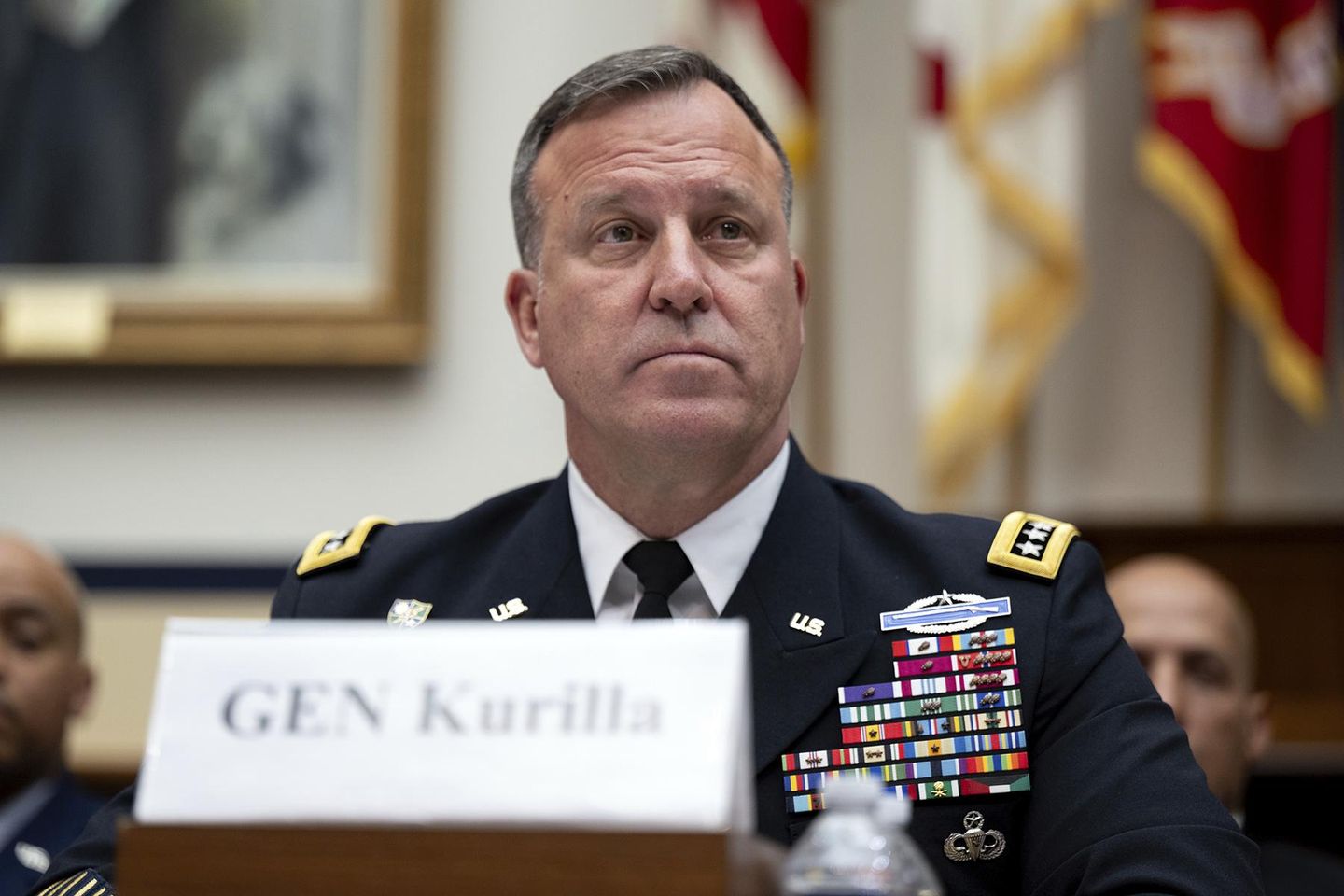
The top commander for U.S. forces in the Middle East says he has provided the president and the secretary of defense with a series of plans to strike Iran’s nuclear infrastructure if necessary.
During a Tuesday hearing before the House Armed Services Committee, U.S. Central Command leader Gen. Michael E. Kurilla said both President Trump and Secretary of Defense Pete Hegseth are aware of their options in a possible conflict with Iran.
“I have provided the secretary of defense and the president a wide range of options,” he said.
Gen. Kurilla added that Israel, acting independently in the region to disable Iran’s enrichment infrastructure, would put U.S. servicemen at risk.
“I think it would increase risk to our forces in the region. But every day, we’re making assessments of our posture, and our risk to force, and we make adjustments based on those,” the general said. “We’re fielding new systems and new equipment and making adjustments every single day.
Gen. Kurilla’s comments follow Mr. Trump reportedly warning Israeli leadership not to strike Iran as Washington and Tehran continue their nuclear talks. Mr. Trump had previously said Israel would be a part of any U.S. military action against Iran if the current negotiations fall through.
The general also noted the instability Iran has caused in the region through its proxies. While Hezbollah, one of Tehran’s most valuable proxies in resisting Israel’s influence in the region, has been severely weakened, Iran’s support for Houthi rebels in Yemen has proved a consistent issue, Gen. Kurilla said.
“The biggest challenge with the Houthis is that they are being provided with Iranian weapons. They provide the weapons, and they assemble them inside Yemen,” he said.
“There are experts from the IRGC who are inside Yemen, helping them manufacture these systems as well. So this is gonna be a challenge going forward,” he said, referring to Iran’s Islamic Revolutionary Guard Corps.
The emerging government in Syria is also threatened by the Islamic Republic, Gen. Kurilla said. The instability created by the end of the Syrian civil war and the presence of Islamic terrorists in the country opens the door to Tehran’s influence.
“We’re working directly right now with the Syrian democratic forces, our Kurdish partners and Arab partners on the ground going after ISIS to get them to integrate with the new Syrian government. Turkey has played a very positive role in that. That is a big piece for the stability,” he said.












